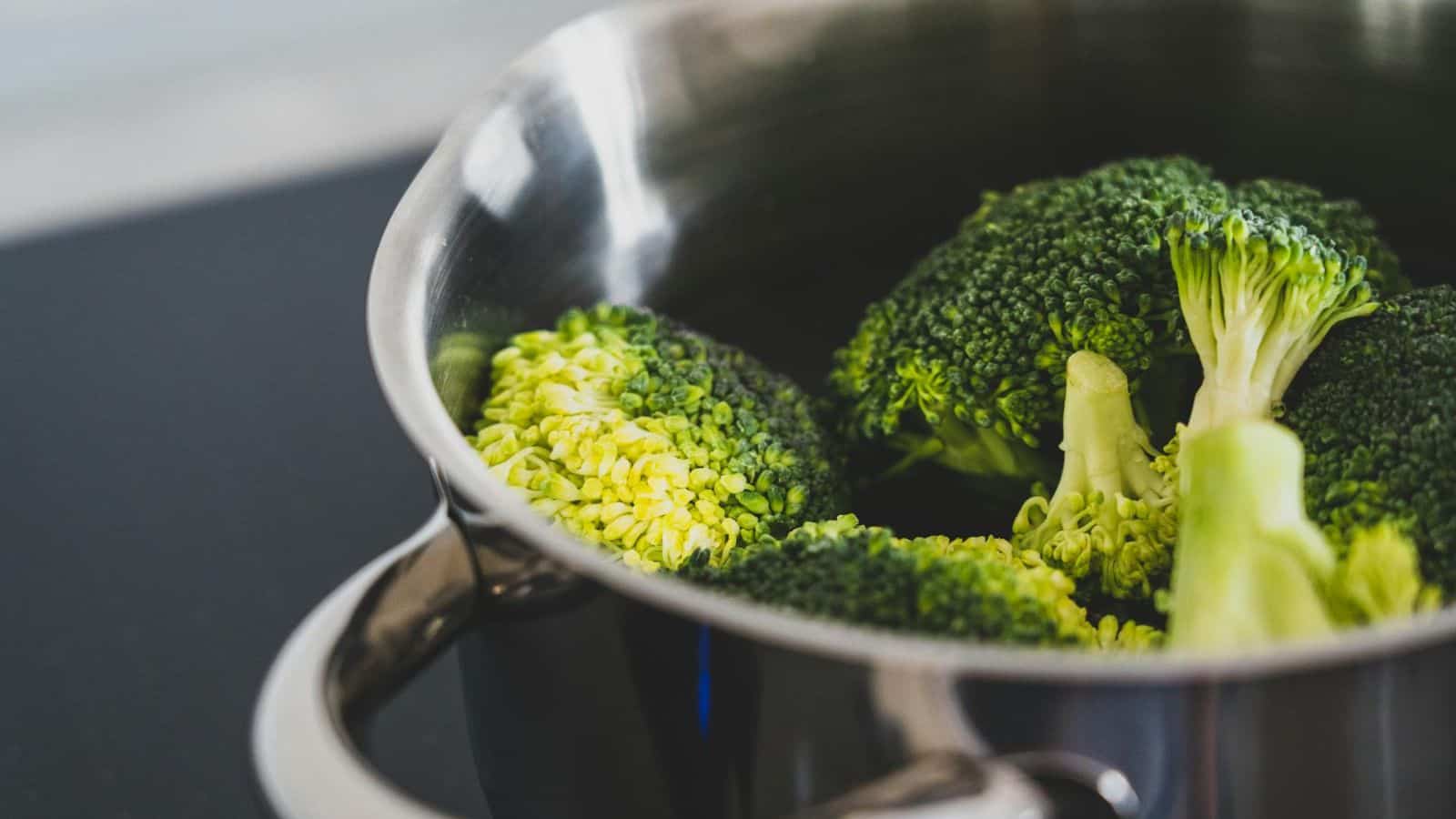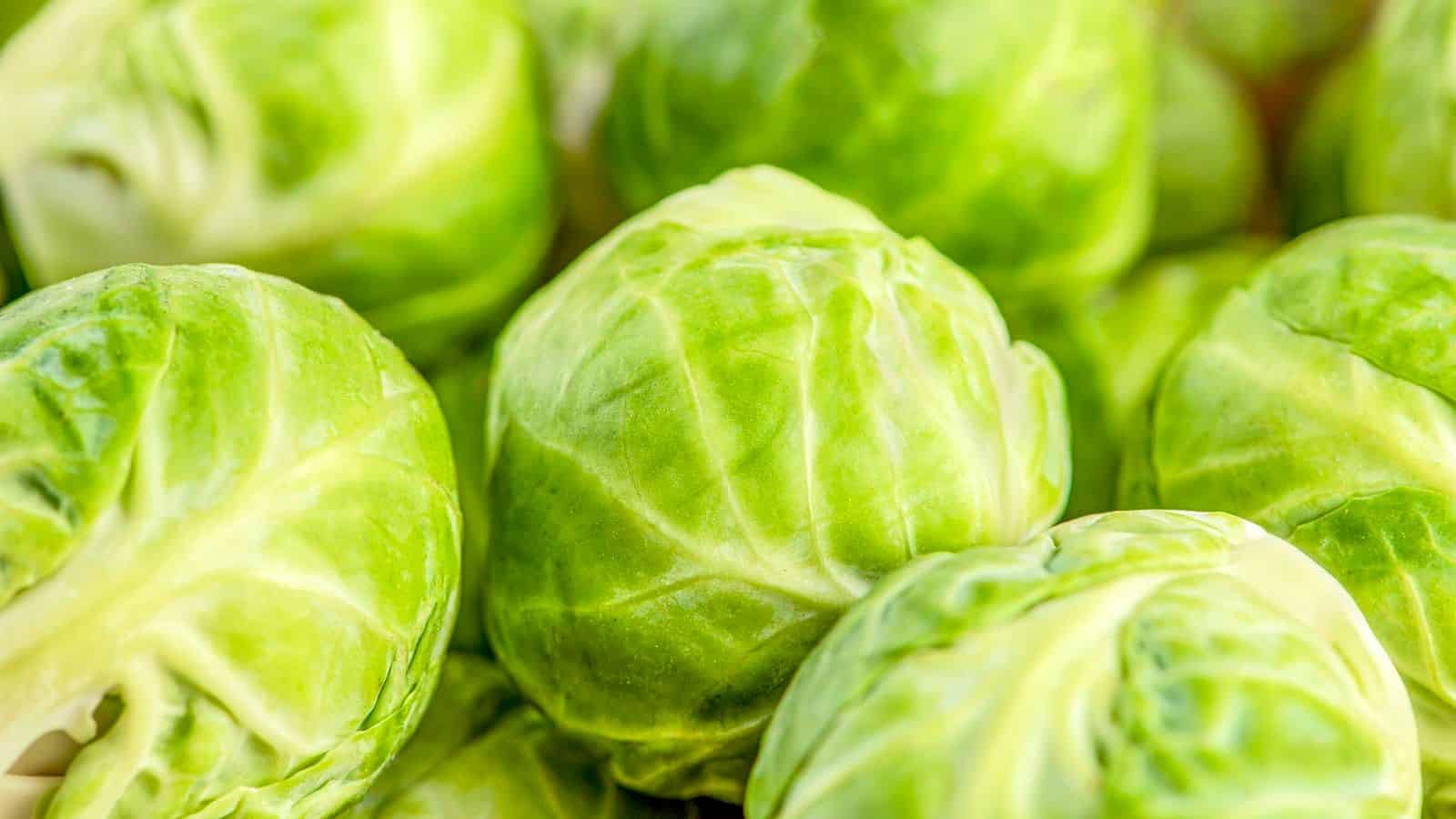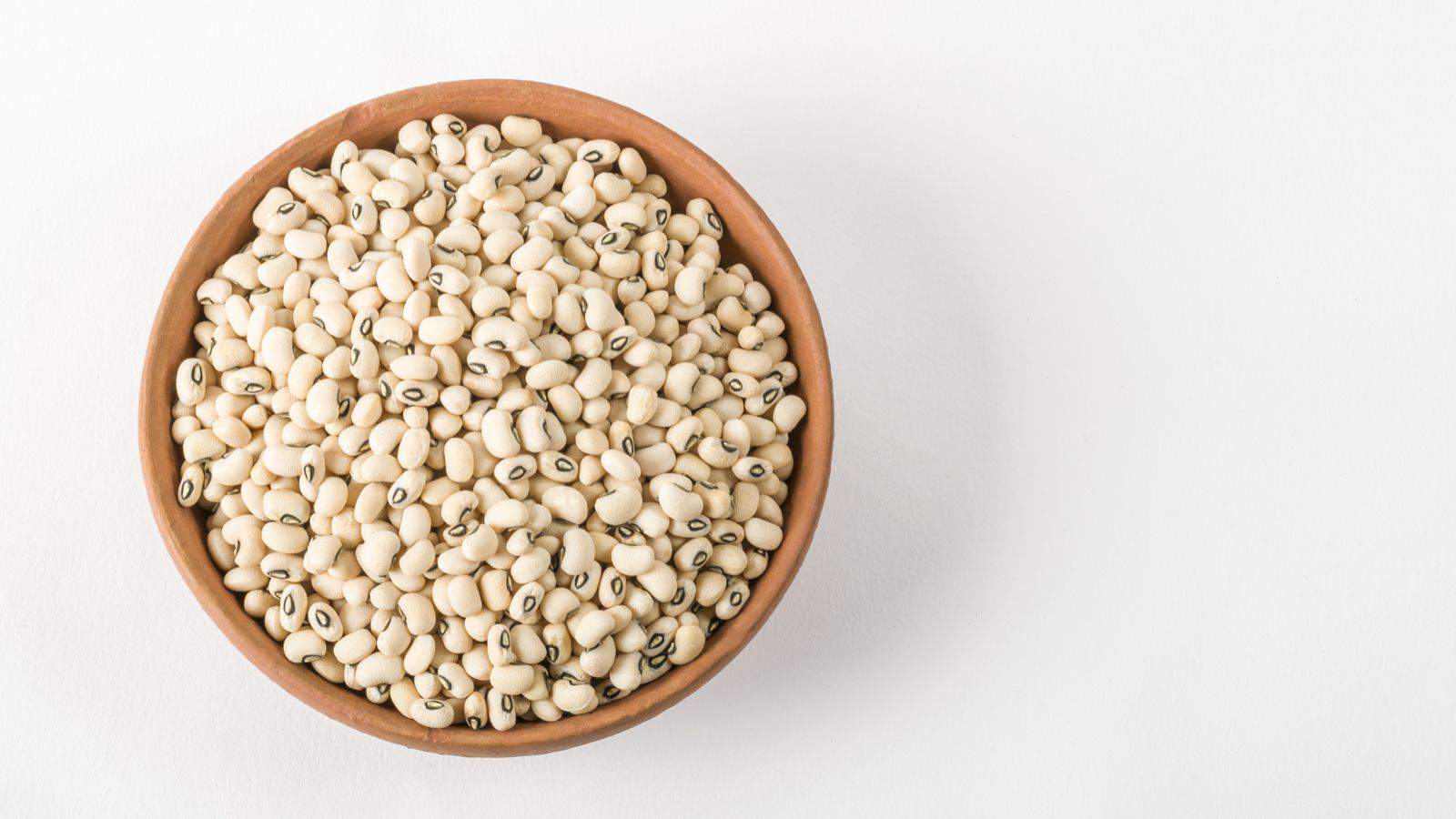Folate, also known as folic acid, is a crucial nutrient that our bodies need for various functions, including cell growth and DNA repair. Whether you're planning a family or just aiming to stay healthy, getting enough folate is important. Luckily, there are 11 folate-rich foods that can easily be added to your diet to help you meet your nutritional needs.
Getting enough folate is essential for everyone, but it's especially important for pregnant women or those planning to become pregnant. But even if you’re not expecting, folate plays a vital role in maintaining overall health by supporting cell function and tissue growth. It’s also beneficial for heart health and can help prevent certain types of anemia.
Adding folate-rich foods to your meals doesn’t have to be complicated. From leafy greens to seeds and legumes, there are a variety of options to choose from. So, if you’re looking to make some simple yet impactful changes to your diet, keep reading to find out which foods can help you get your daily dose of folate.

Spinach

Spinach is packed with nutrients, including vitamins A, C, and K, along with minerals like iron and calcium. It is particularly high in folate, essential for DNA synthesis and repair. Consuming spinach can help combat oxidative stress and inflammation due to its antioxidant content. It can be incorporated into various meals, whether raw in salads, sautéed, or added to soups and smoothies. Its mild flavor and tender texture make it a versatile addition to dishes ranging from green juices to casseroles. Spinach's nutrient density can improve health, making it a valuable component of a balanced diet.
Asparagus

Asparagus is rich in nutrients such as vitamins A, C, E, and K, as well as fiber and folate, which are beneficial for cell growth and development. It also contains antioxidants that help protect cells from damage, supporting overall health. Asparagus has diuretic properties, aiding in fluid balance in the body. It can be grilled, roasted, steamed, eaten raw, or even incorporated in desserts, making it versatile in culinary applications. The unique flavor and tender-crisp texture of asparagus enhance many dishes, from salads to main courses. Including asparagus in your diet can contribute to improved health and well-being.
Broccoli

Broccoli is a nutritional powerhouse, rich in vitamins C and K, fiber, and folate. It contains antioxidants that help protect against chronic diseases and support healthy cell function. Additionally, broccoli is a good source of sulforaphane, a compound with cancer-fighting properties. Its slightly bitter taste and crunchy texture can be enhanced with various seasonings and cooking methods. Whether steamed, roasted, or added to stir-fries and salads, broccoli is a versatile addition to any meal. Consuming broccoli regularly can contribute to your well-being due to its high nutrient content and health-promoting properties.
Brussels Sprouts

Brussels sprouts are nutrient-dense, providing vitamins C and K, fiber, and folate. They contain antioxidants and anti-inflammatory compounds that help protect against chronic diseases. Their slightly bitter flavor can be balanced with sweet or savory seasonings, making them a popular choice in various dishes. Brussels sprouts can be roasted, steamed, air-fried, or sautéed, guaranteeing versatility in meal preparation. They are low in calories and high in fiber, making them an excellent option for weight management. Including Brussels sprouts in your diet can improve digestion, support immune function, and positively impact health.
Avocado

Known for its creamy texture and rich nutrient profile, avocado is an excellent source of folate, which is crucial for DNA synthesis and repair. It also contains healthy fats, particularly monounsaturated fats, which are beneficial for heart health. Additionally, avocados have vitamins C, E, and K, along with potassium and fiber. Incorporating avocado into your diet can help improve cholesterol levels, support eye health, and provide anti-inflammatory benefits. It can be added to salads, smoothies, or spread on toast, making it a versatile addition to various meals. The combination of nutrients in avocados supports well-being and health.
Lentils

Packed with protein, fiber, and essential nutrients, lentils are a powerhouse of nutrition. They are particularly high in folate, which is important for cell growth and metabolism. Lentils also contain iron, manganese, and B vitamins, contributing to energy production and health. Their high fiber content aids in digestion and helps maintain stable blood sugar levels. Lentils can be used in soups, stews, salads, or as a meat substitute in various dishes. The versatility and nutrient density of lentils make them an excellent choice for a balanced diet, supporting heart health and weight management.
Chickpeas

Also known as garbanzo beans, chickpeas are rich in folate, protein, and fiber, making them a nutritious addition to any diet. They deliver essential minerals such as iron, magnesium, and phosphorus, which support various bodily functions. Chickpeas are also a good source of antioxidants, helping to reduce inflammation and protect against chronic diseases. They can be used in a variety of dishes, including salads, soups, and stews, or blended into hummus. The high nutrient content of chickpeas supports digestive health, aids in weight management, and contributes to well-being. Regular consumption of chickpeas can enhance your diet with essential nutrients and health benefits.
Black-eyed Peas

High in folate and other essential nutrients, black-eyed peas are a valuable addition to a healthy diet. They have protein, fiber, and a range of vitamins and minerals, including iron, potassium, and magnesium. The fiber content in black-eyed peas supports digestive health and helps maintain stable blood sugar levels. Additionally, they contain antioxidants that help protect cells from damage and reduce inflammation. Black-eyed peas can be used in soups, stews, salads, or as a side dish. Including them in your diet can support heart health, improve digestion, and contribute to nutritional well-being. Their versatility and nutrient density make them an excellent choice for balanced meals.
Beets

Known for their vibrant color, beets are rich in folate, which is essential for DNA synthesis and repair. They also have a good amount of fiber, vitamins A and C, and minerals such as manganese and potassium. Beets contain nitrates, which can help improve blood flow and lower blood pressure. Additionally, they are packed with antioxidants that combat oxidative stress and inflammation. Beets can be roasted, boiled, or added to salads and smoothies. Their earthy flavor and nutritional benefits make them a versatile and healthful addition to any diet, supporting cardiovascular health and well-being.
Oranges

Renowned for their high vitamin C content, oranges are also a good source of folate, which is important for cell growth and development. They provide fiber, potassium, and antioxidants, contributing to various health benefits such as improved immune function and reduced inflammation. Oranges can be eaten fresh, juiced, or added to salads and desserts. Their natural sweetness and refreshing taste make them a popular fruit choice. Including oranges in your diet can support heart health, aid in digestion, and supply essential nutrients for overall health. The combination of vitamins and minerals in oranges makes them a nutritious and delicious addition to any meal plan.
Sunflower Seeds

Rich in folate, sunflower seeds are a nutritious snack that also have healthy fats, protein, and fiber. They contain essential vitamins and minerals, including vitamin E, magnesium, and selenium, which support various bodily functions and overall health. Sunflower seeds are packed with antioxidants that help protect cells from damage and reduce inflammation. They can be eaten on their own, added to salads, or used as a topping for yogurt and oatmeal. The nutrient density of sunflower seeds makes them a valuable addition to a balanced diet, supporting heart health, skin health, and immune function. Regular consumption can contribute to overall well-being and nutritional intake.
Eat Folate, Feel Great

Incorporating folate-rich foods into your diet is a simple way to boost your overall health. Not only do these foods help with cell growth and DNA repair, but they also come with a host of other nutrients that can benefit your well-being. From leafy greens to legumes, there are plenty of delicious and nutritious options to choose from.
Remember, getting enough folate is beneficial for everyone. It supports heart health, helps prevent certain types of anemia, and plays a crucial role in maintaining healthy cell function. By making a conscious effort to include these foods in your meals, you’re taking a significant step toward better health.
So, next time you’re at the grocery store or planning your meals, think about adding some of these folate-rich foods to your cart. Your body will thank you for it. Making small changes to your diet can have a big impact, and with these options, you can easily meet your nutritional needs while enjoying tasty and wholesome foods.






Tell Me What You Think!